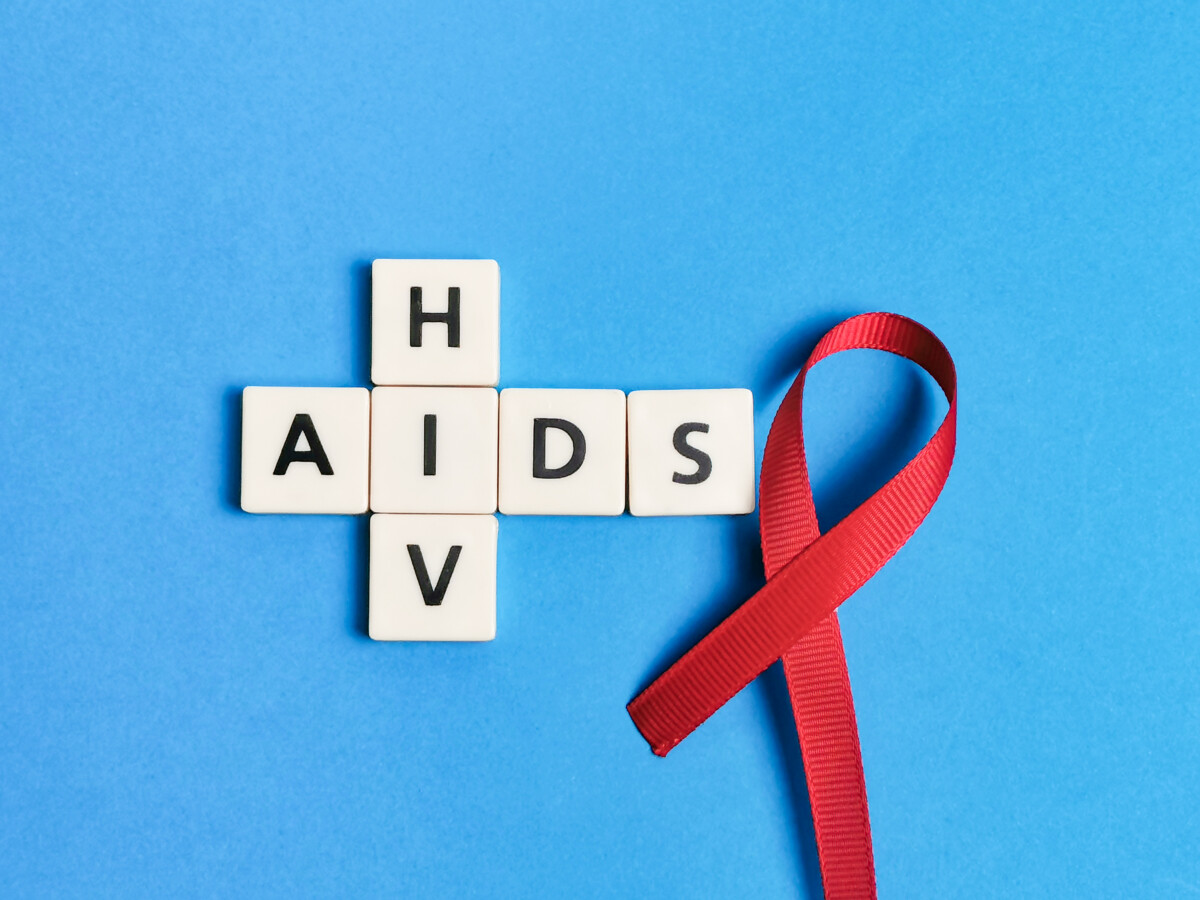Endocrinologist Near Me: How to Choose the Right Doctor
Finding an endocrinologist near me is essential for managing hormonal and metabolic disorders. These specialists diagnose and treat conditions related to the endocrine system, which includes glands like the thyroid, pancreas, and adrenal glands. Understanding their role can help you make informed health decisions.
Understanding the Role of an Endocrinologist
An endocrinologist is a medical doctor focused on the endocrine system, responsible for hormone production and regulation. They diagnose and treat various hormonal imbalances, making it crucial to know what to expect when searching for an endocrinologist near me.
Common Conditions Treated by Endocrinologists
- Diabetes: A significant health concern, with over 34 million Americans affected according to the CDC.
- Thyroid Disorders: Approximately 20 million Americans suffer from conditions like hypothyroidism and hyperthyroidism, as noted by the American Thyroid Association.
- Adrenal Disorders: Complex issues such as Cushing’s syndrome and Addison’s disease require specialized care.
Endocrinologists use diagnostic tools like blood tests and imaging to assess hormone levels and create personalized treatment plans, which may include medication or lifestyle changes.
The Importance of Regular Check-ups
- Preventive Care: Regular visits can catch hormonal imbalances early, preventing complications.
- Management of Chronic Conditions: Ongoing care is vital for those with diabetes or thyroid issues to maintain health and prevent serious complications.
How to Choose the Right Endocrinologist
- Credentials and Experience: Seek board-certified endocrinologists experienced in your specific condition.
- Patient Reviews: Online testimonials can provide insights into the doctor’s approach.
- Location and Accessibility: A conveniently located endocrinologist near me can facilitate regular appointments.
Choosing the right endocrinologist is crucial for effective health management.
Common Conditions Treated by Endocrinologists
Finding an endocrinologist near me is essential for managing hormonal and metabolic disorders. These specialists focus on the endocrine system, which includes glands that produce hormones regulating various bodily functions. Whether you’re facing diabetes, thyroid issues, or hormonal imbalances, a local endocrinologist can offer personalized treatment options and support.
Diabetes
Diabetes is a major condition treated by endocrinologists, with over 34 million Americans affected, according to the CDC. They manage both Type 1 and Type 2 diabetes through medication, lifestyle changes, and blood sugar monitoring.
- Type 1 Diabetes: An autoimmune disorder where the body fails to produce insulin.
- Type 2 Diabetes: Often associated with obesity, this condition involves insulin resistance and can be managed with lifestyle adjustments and medication.
Thyroid Disorders
Endocrinologists also address thyroid disorders, such as hypothyroidism and hyperthyroidism, which are crucial for metabolism and energy regulation.
- Hypothyroidism: Characterized by insufficient hormone production, leading to fatigue and weight gain.
- Hyperthyroidism: An overactive thyroid that can result in weight loss, anxiety, and rapid heartbeat.
Treatment options include medication and sometimes surgery.
Hormonal Imbalances
Hormonal imbalances affect both genders and can lead to various health issues. Endocrinologists diagnose and treat these effectively.
- Polycystic Ovary Syndrome (PCOS): Affects women, causing irregular periods and fertility issues.
- Menopause: Endocrinologists help manage symptoms like hot flashes and mood changes, often using hormone replacement therapy or lifestyle modifications.
How to Find an Endocrinologist Near You
Finding an endocrinologist near you is essential for managing hormone-related conditions such as diabetes and thyroid diseases. These specialists provide tailored care that can significantly improve your health outcomes.
Utilize Online Directories
Online health directories like Healthgrades and Zocdoc are great resources for locating endocrinologists in your area.
- Search by Location: Use your zip code or city to find nearby specialists.
- Read Reviews: Patient feedback can offer insights into a doctor’s expertise.
- Check Credentials: Ensure the endocrinologist is board-certified.
Ask for Referrals
Consult your primary care physician for referrals.
- Trustworthy Recommendations: Your doctor can suggest specialists based on your health needs.
- Network Connections: Friends or family can also provide valuable recommendations.
Insurance Provider Listings
Check your insurance provider’s directory for covered endocrinologists.
- Cost-Effective Choices: Staying within your network can reduce out-of-pocket costs.
- Verify Coverage: Confirm that the endocrinologist accepts your insurance before making an appointment.
Local Hospitals and Clinics
Many hospitals have endocrinology departments, offering access to a range of specialists and integrated care.
By following these steps, you can find an endocrinologist near you who can effectively manage your condition.
What to Expect During Your First Visit
Finding an endocrinologist near me is essential for managing health issues related to hormonal imbalances, such as diabetes and thyroid disorders. These specialists focus on the endocrine system, which regulates hormones affecting various bodily functions. Knowing what to expect during your first visit can help alleviate anxiety and ensure a productive consultation.
Your initial appointment with an endocrinologist typically involves a thorough evaluation of your medical history, symptoms, and lifestyle. Here’s what to anticipate:
Initial Consultation
- Medical History Review: Expect questions about your past diagnoses, medications, and family health history, which are crucial for understanding your condition.
- Symptom Discussion: Be ready to discuss your symptoms in detail, including changes in weight, energy levels, and mood.
Physical Examination
- Thorough Check-Up: A physical examination will include checking vital signs and assessing areas related to your endocrine system, like the neck for thyroid issues.
- Lab Tests: Blood tests may be ordered to measure hormone levels and assess overall health, which is essential for accurate diagnosis and treatment planning.
Treatment Plan Discussion
- Personalized Care: After evaluating your symptoms and test results, your endocrinologist will discuss tailored treatment options, which may include lifestyle changes or medications.
- Follow-Up Appointments: You may need follow-up visits to monitor progress and adjust your treatment plan as necessary.
Being informed about these steps can help you feel more prepared for your journey to better health with an endocrinologist near you.
Call the official Medicare helpline at 1-800-MEDICARE (1-800-633-4227) to ask your questions or get more information.
The Importance of Regular Endocrine Check-ups
When searching for an “endocrinologist near me,” you are taking a crucial step towards understanding and managing your hormonal health. Endocrinologists specialize in diagnosing and treating conditions related to hormones and the glands that produce them. Regular check-ups with an endocrinologist can help catch potential issues early, ensuring better health outcomes and a higher quality of life.
Regular visits to an endocrinologist are essential for maintaining hormonal balance and overall health. These specialists can provide insights into various conditions, including diabetes, thyroid disorders, and adrenal insufficiency. Here’s why these check-ups matter:
Early Detection of Hormonal Disorders
- Hormonal imbalances can lead to serious health issues if left untreated. Regular check-ups can help identify these imbalances early.
- For instance, according to the American Diabetes Association, early detection of diabetes can reduce the risk of complications by up to 50%.
Management of Chronic Conditions
- For individuals with existing endocrine disorders, regular visits are vital for managing their conditions effectively.
- Studies show that consistent monitoring can lead to better control of conditions like diabetes, reducing hospitalizations by 30%.
Preventive Care and Lifestyle Guidance
- Endocrinologists provide valuable advice on lifestyle changes that can improve hormonal health.
- Research indicates that lifestyle modifications can prevent the onset of type 2 diabetes in high-risk individuals by up to 58%. In conclusion, finding an “endocrinologist near me” and committing to regular check-ups can significantly impact your health. By prioritizing these visits, you empower yourself to take control of your hormonal health and overall well-being.
Frequently Asked Questions (FAQs)
1. Why would someone see an endocrinologist?
People see an endocrinologist to diagnose and treat hormone-related conditions such as diabetes, thyroid disorders, osteoporosis, adrenal disorders, and pituitary gland problems.
2. Can I go straight to an endocrinologist?
In many cases, yes, you can self-refer to an endocrinologist. However, some insurance plans may require a referral from your primary care doctor first, so it’s best to check with your provider.
3. What conditions do endocrinologists treat?
Endocrinologists treat a variety of conditions, including diabetes, thyroid disease, metabolic disorders, hormonal imbalances, infertility, osteoporosis, and adrenal or pituitary gland disorders.
4. Why is it so hard to get in to see an endocrinologist?
Due to a high demand and limited number of specialists, wait times for endocrinologist appointments can be long. Additionally, some areas have fewer specialists, making access more difficult.
Final Thoughts
Finding a trusted endocrinologist near you is crucial for managing complex hormone-related health issues effectively. Whether you’re dealing with diabetes, thyroid problems, or other endocrine disorders, these specialists offer focused expertise that can greatly improve your quality of life.
Although appointment availability can be a challenge, knowing where and how to find local endocrinologists can speed up your access to care. Don’t hesitate to ask your primary care provider for recommendations or call ahead to understand the referral requirements and wait times.
Take the guesswork out of Medicare—start with a free quote at NewMedicare.com or call 📞 (833) 203-6742.






